The tidiest theory of the Moon’s origin is known as the Giant Impact Hypothesis – the idea that, amid the volatile early era of the solar system’s formation, a Mars-sized protoplanet collided with the primordial Earth. From the massive ensuing explosion, much of the planetary debris coalesced into a new, Earth-orbiting body. But while the theory accounts for much of what we understand about the Moon, it leaves some critical question unanswered. Namely, if it was formed mostly from a foreign body, why do lunar samples show the chemical makeup of the Moon and Earth to be nearly identical? In this video, the US filmmaker John D Boswell synthesises animations and original music with the voice of the planetary scientist Sarah T Stewart to explore several theories for the Moon’s birth, as well as for how it might have helped to yield life on Earth. The result is a stylish, speculative lunar history that might inspire a renewed sense of awe for our closest celestial companion.
A massive collision, or something stranger? An epic exploration of lunar origin theories
Video by John Boswell
Website: melodysheep
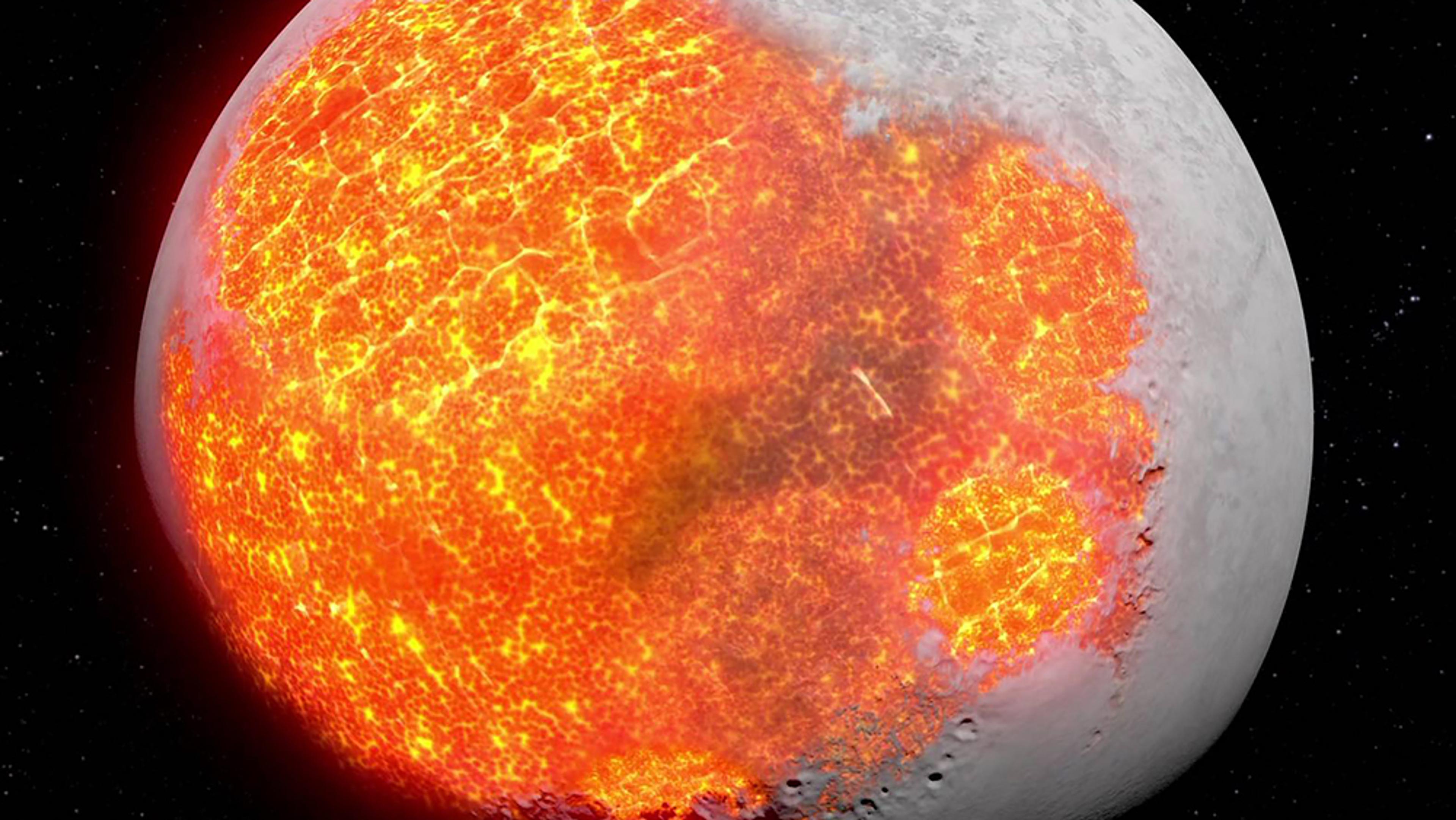
videoDeep time
It might be our placid nocturnal companion, but the Moon has a turbulent past
3 minutes
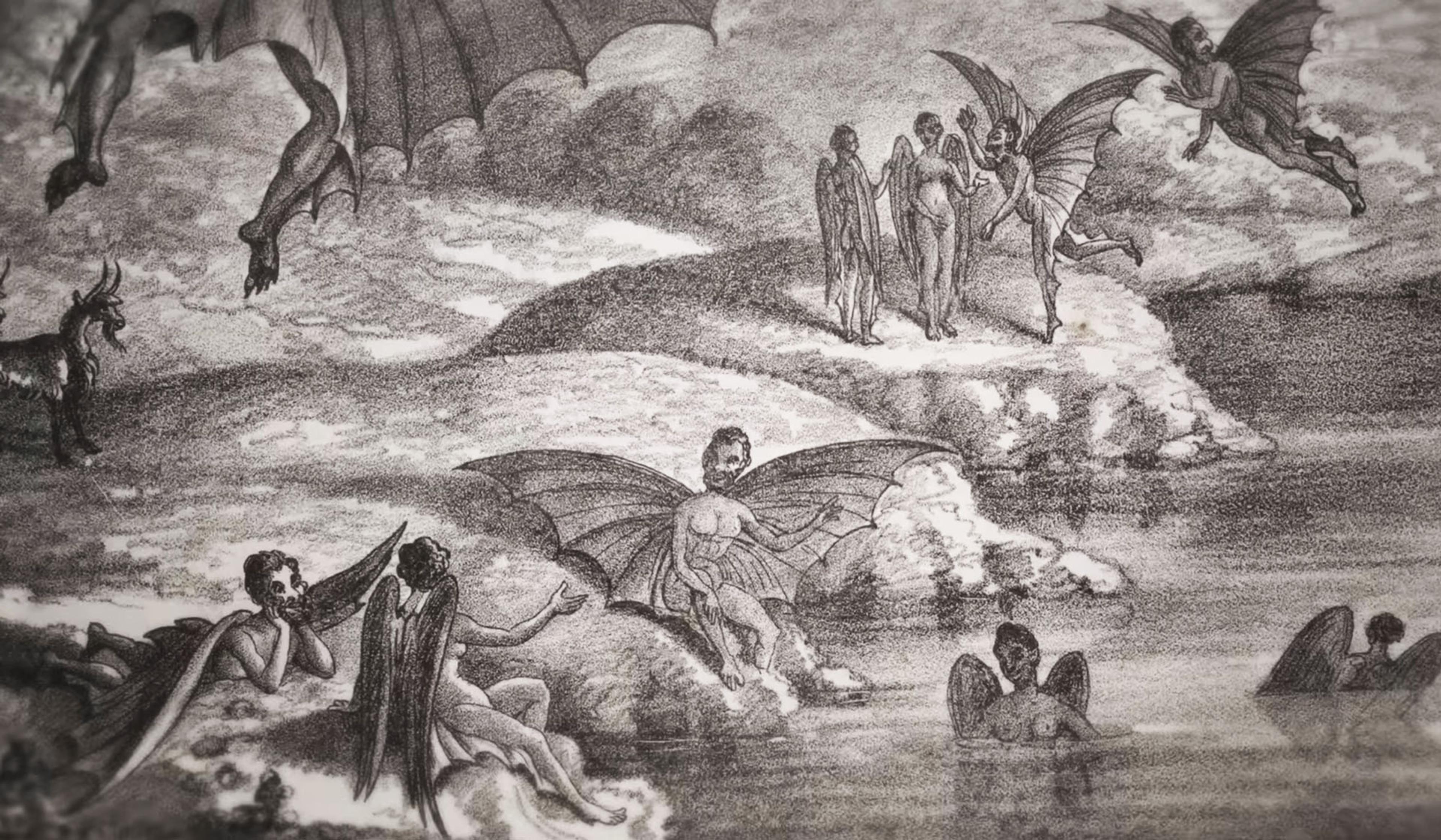
videoHistory of science
Bat-people on the Moon – what a famed 1835 hoax reveals about misinformation today
8 minutes

videoPhysics
To change the way you see the Moon, view it from the Sun’s perspective
5 minutes

videoCosmology
Lava, ice and hints of life – an immersive 360° tour of volcanism in our solar system
5 minutes
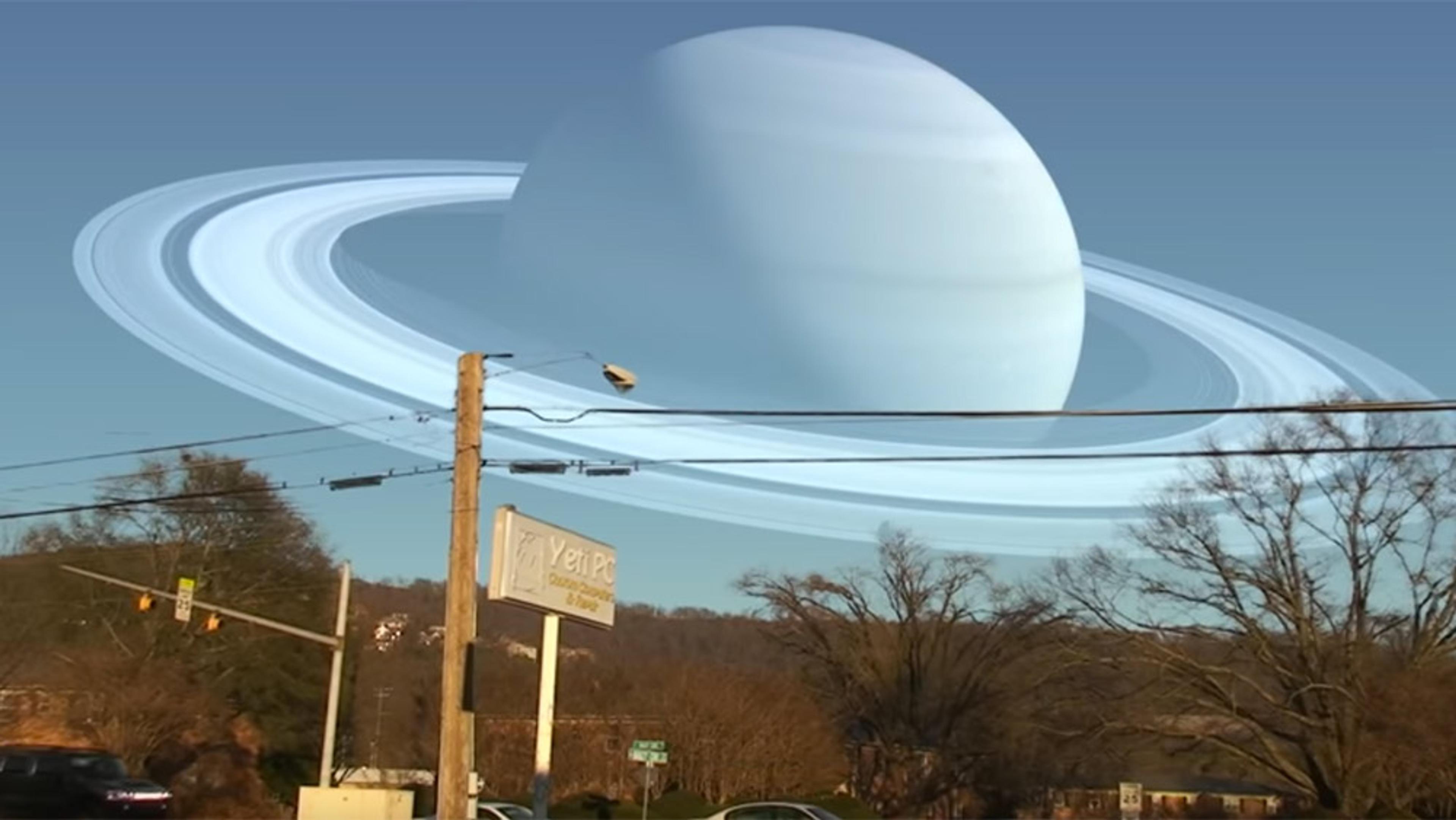
videoAstronomy
Close encounters of a different kind – what if Venus, Neptune or Saturn hovered close by?
2 minutes
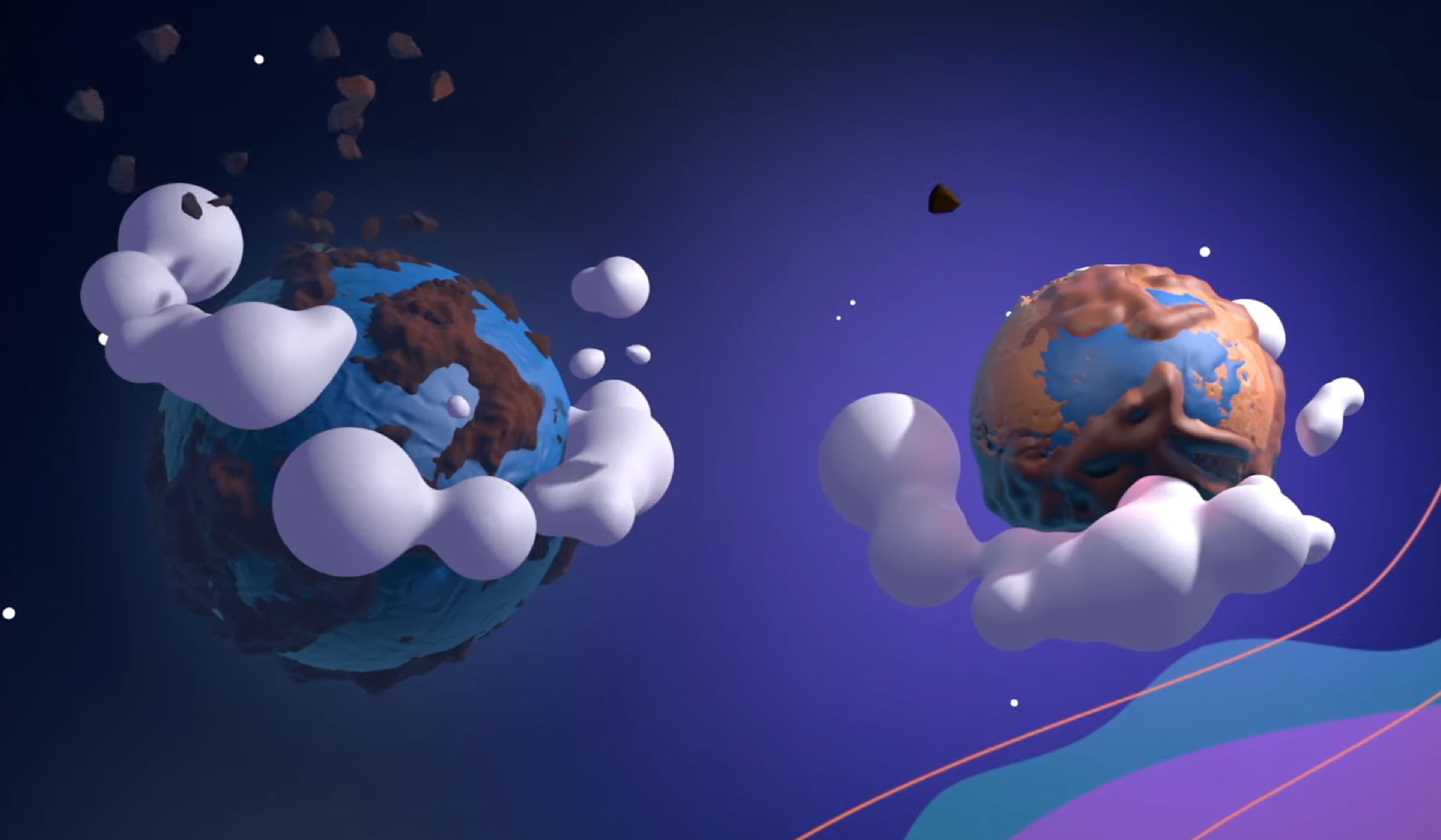
videoBiology
The idea that life on Earth originated elsewhere is not as far out as it seems
6 minutes
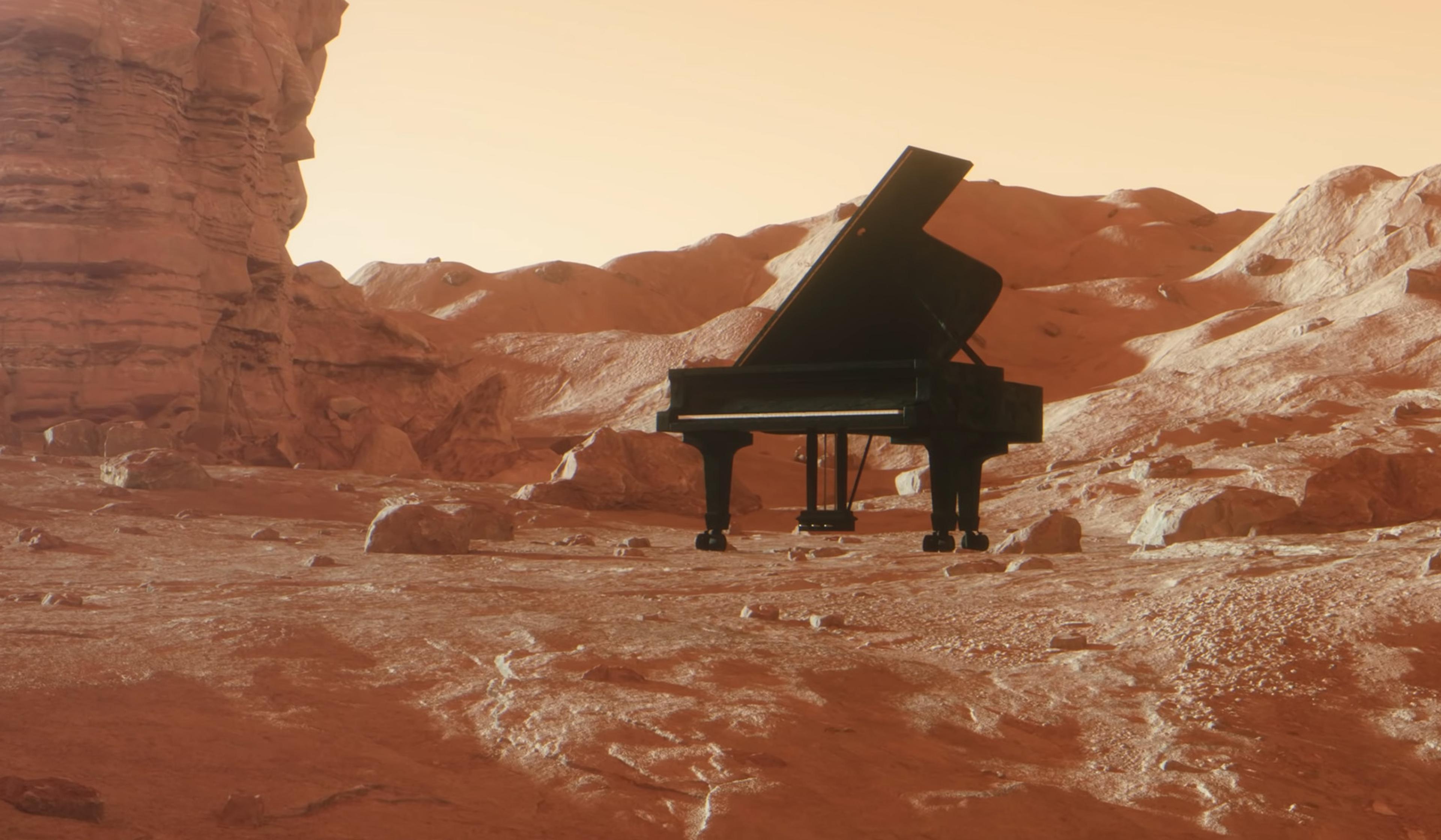
videoPhysics
How would a piano sound on Mars? Embark on an interplanetary sonic journey
20 minutes
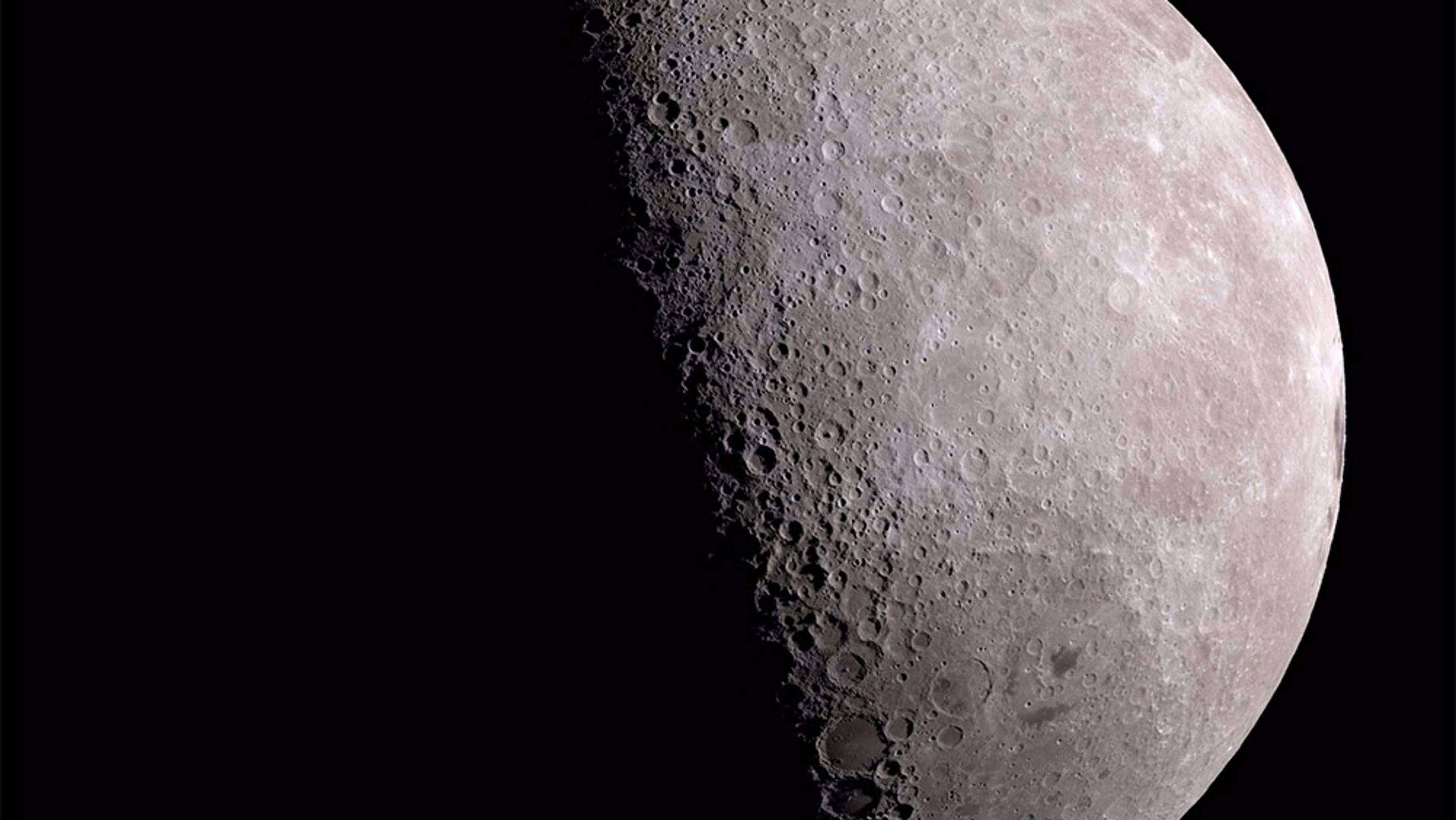
videoAstronomy
Soar around the Moon, carried by the music of Debussy, in this breathtaking space flight
5 minutes
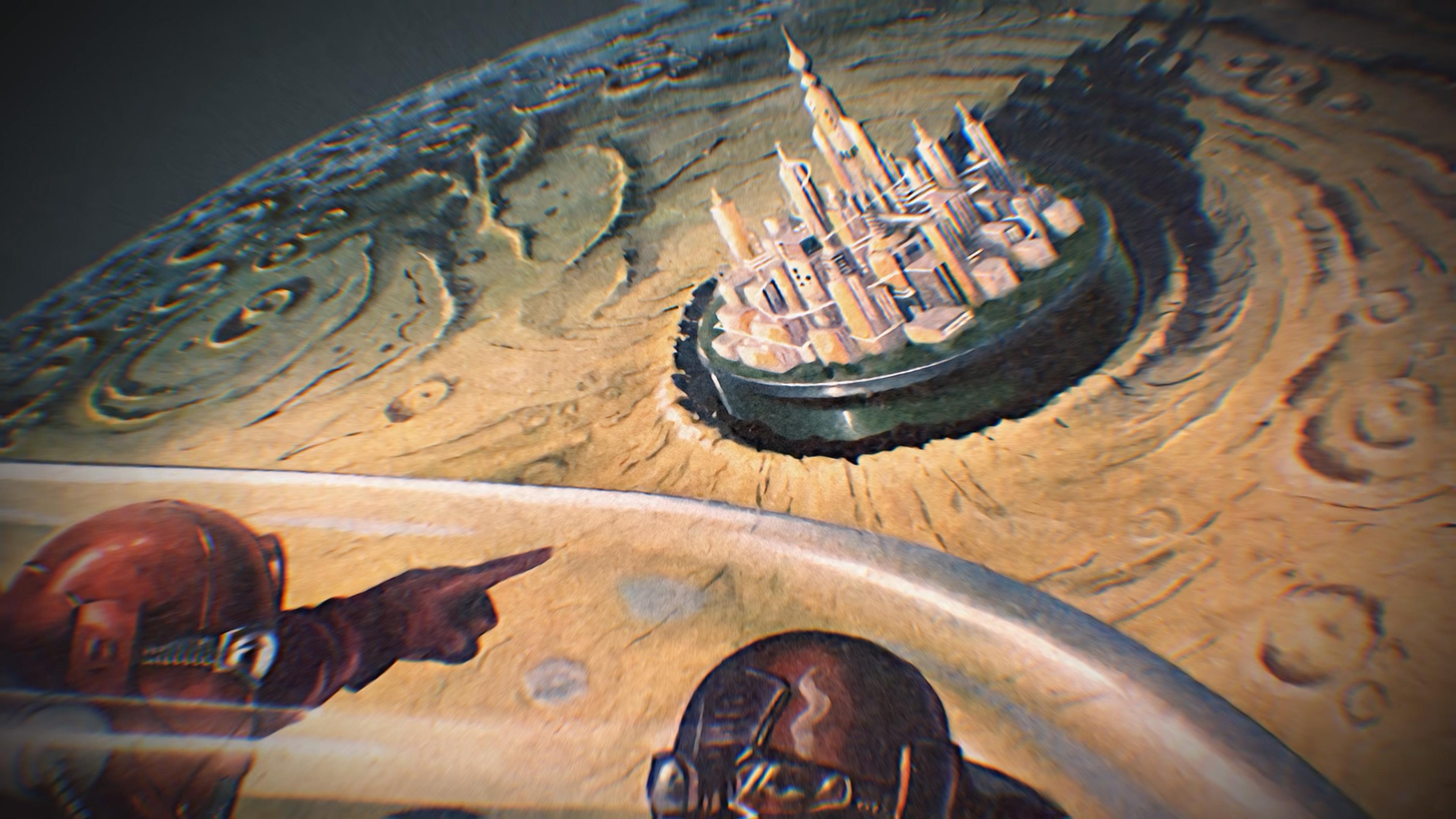
videoAstronomy
The history of astronomy is a history of conjuring intelligent life where it isn’t
34 minutes